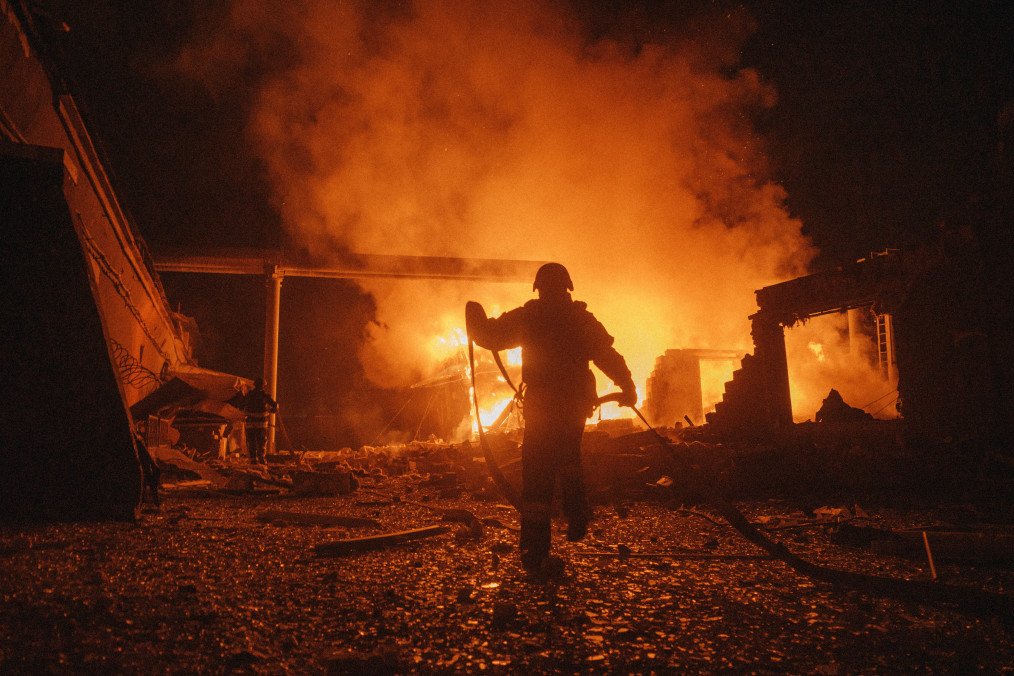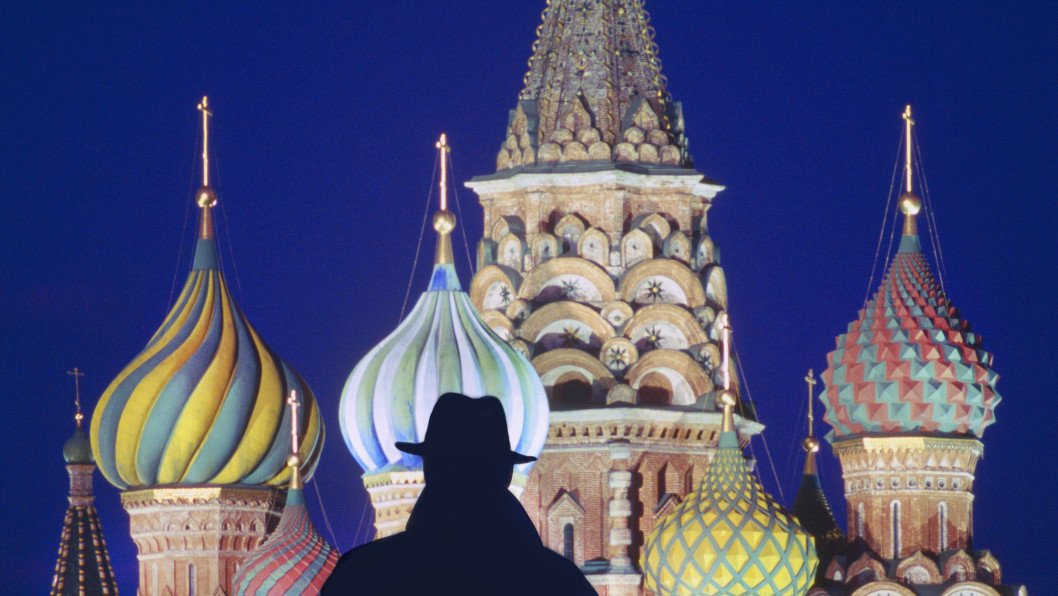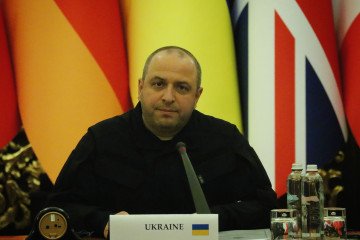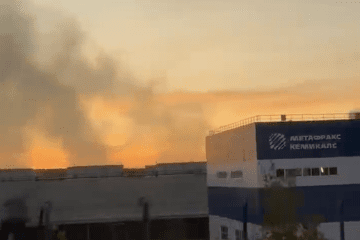- Category
- Latest news
US Neo-Nazi Terrorist Group Linked to Sabotage Attacks in Ukraine, The Guardian Reports

A US neo-Nazi terrorist organization known as The Base is offering financial incentives for attacks on critical infrastructure and targeted assassinations in Ukraine, according to an investigation published by The Guardian on April 5.
Founded in 2018, The Base has long been monitored by the FBI for its involvement in extremist activity. The group’s leader, Rinaldo Nazzaro, is a US citizen and former FBI and Pentagon employee who currently resides in St. Petersburg, Russia.
Experts have raised concerns over Nazzaro’s ties to Russian intelligence, noting that Moscow has previously offered him sanctuary.
According to The Guardian, the group is using Telegram and other platforms to recruit individuals willing to carry out attacks on targets including power stations, military and police assets, government buildings, and Ukrainian politicians.
These efforts are reportedly focused on cities such as Kyiv, Kharkiv, Mykolaiv, and Odesa. In return, recruits are promised payment, with some messages specifically referencing financial rewards for successful actions.
Geopolitical analyst Colin Clarke told The Guardian there is a strong possibility that the operation is linked to Russian intelligence. “Supporting and directing violent non-state actors, including racially and ethnically motivated violent extremists, is just another tool in the Kremlin’s hybrid warfare toolkit,” Clarke said.
The recruitment messages from The Base have appeared not only on Telegram but also on Russian platforms such as VKontakte, and the group is using a Mail.ru email address for contact — both services are based in Russia. In recent posts, The Base also began soliciting cryptocurrency donations via Monero.

Ukrainian officials are investigating recent incidents that may be connected to such operations. On April 3, a person was killed in an explosion in Kyiv. A day later, Yuriy Fedko, a local official in Dnipro, died in a car bombing. Authorities are considering the possibility that these events are part of a coordinated campaign to destabilize Ukraine.
According to The Guardian, the group has recently declared interest in establishing a white nationalist enclave in Ukraine’s Zakarpattia region, citing the area’s mountainous terrain as suitable for paramilitary activity.
While The Base was previously not aligned with any nation-state, its recent shift toward supporting the Kremlin’s geopolitical objectives marks a new phase. The group, already designated as a terrorist organization in Canada, the EU, and the UK, is now being linked to broader efforts to undermine Ukraine amid ongoing ceasefire negotiations with Russia.
Analysts say that while the actual presence of The Base in Ukraine remains limited, the group’s public messaging and attempts to recruit locally indicate a continued push to export violence and propagate extremist ideology.
Steven Rai of the Institute for Strategic Dialogue, which monitors far-right movements, said that The Base has shown an ability to attract recruits and initiate plots in various countries, including recent cases in Belgium, Italy, and the UK. He emphasized the need to take the group’s Ukrainian activities seriously, noting that it has “demonstrated an ability to plan acts of catastrophic violence.”
Emails sent to the Russian Foreign Ministry by The Guardian regarding Nazzaro’s presence in Russia went unanswered. Nazzaro, contacted via Telegram, denied any connection to Russian authorities or intelligence services. However, experts argue that his continued presence in Russia and the group’s recent alignment with Kremlin narratives suggest otherwise.
Ukraine’s security services previously deported a member of The Base in 2019 for attempting to enlist in the military and engaging in neo-Nazi propaganda.
Earlier, Czech Foreign Minister Jan Lipavský reported that Russia was linked to nearly 100 hybrid attacks across Europe in 2024, including espionage, disinformation, and sabotage operations. He noted that out of approximately 500 suspicious incidents, around 100 were directly attributed to Russian activity.
-c6522ae9e5320af1cc92504c0aaa1b34.png)


-111f0e5095e02c02446ffed57bfb0ab1.jpeg)


